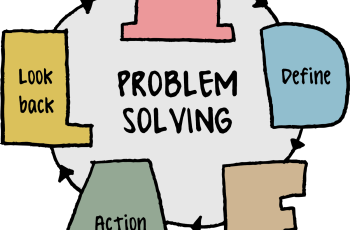Social Skills
Communication skills are essential for building relationships and enhancing communication with coworkers and clients.
These skills can be written, verbal or nonverbal. Soft skills are sometimes used to describe them. In and outside of the workplace, you’ll need different social skills. Social skills are used every time you interact with someone.
It’s easy to see why relationships are so important in the workplace. You should consider how you interact with others to build and maintain relationships. Skills to develop include:
- Communication is key: Be clear in your ideas and thoughts.
- Conflict resolution: Find the root of a conflict and its solution.
- Cooperation: Reach a goal with others.
- Active listening: Listen to the other person without interrupting them and only give advice if they ask for it.
- Positivity: Maintain a positive attitude, show genuine interest in colleagues and avoid office drama.
Take your colleagues to lunch, or plan a virtual happy-hour. Organise events at work and encourage others. Ask for feedback on your current social skills. Identify the skills that you would like to practice and attend workshops.
Motivation
Intrinsic motivation is the last factor to add to this list. It plays a part in determining whether someone will achieve their goals. While extrinsic motivations like praise and rewards are important, those who have intrinsic motivation do what they love and feel passionate about.
Intrinsic motivation is a powerful tool for employees and leaders. They are motivated to work, enjoy taking on new challenges and encourage others to achieve their full potential.
Focus on the aspects of your job that you enjoy. Focus on those aspects of your work that you love and get inspired by a well-done job or happy clients. Try to keep a positive outlook and be optimistic.




